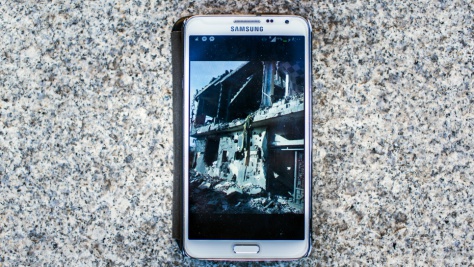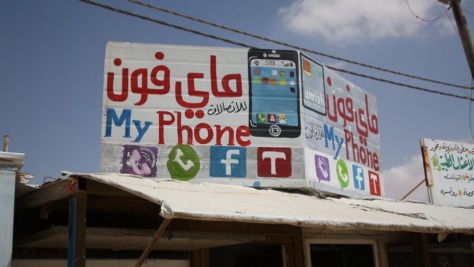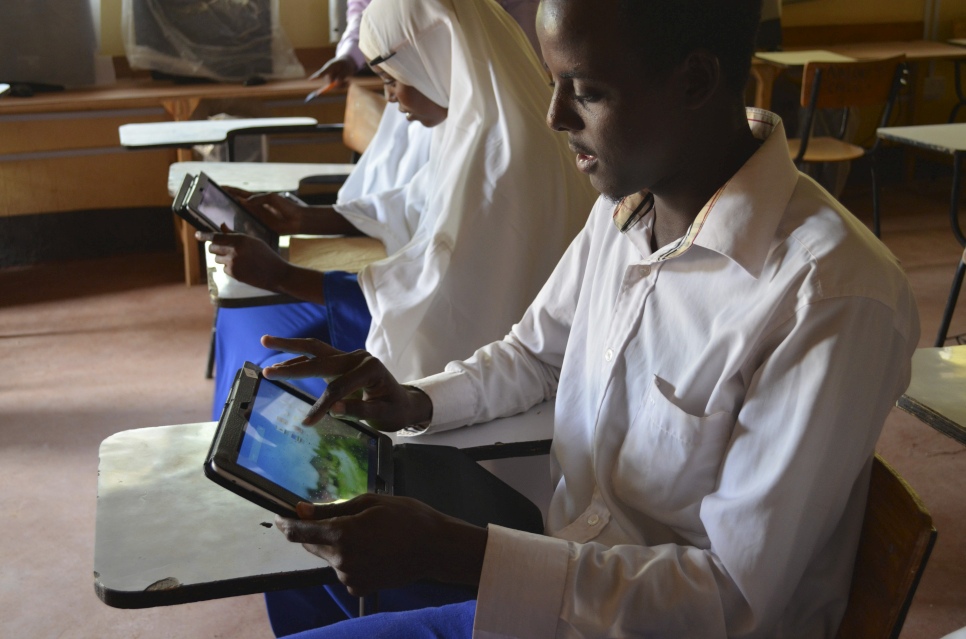Strategy and Implementation
Our Approach to Connectivity

Our strategy seeks to address the following key challenges: How can reliable connectivity be made available for refugees? How can it be made affordable? How can refugees make the best use of it?

Availability Interventions
Network infrastructure and reliable electricity
1. Advocate for mobile network operator infrastructure
2. Advocate to governments for infrastructure and access
3. Advocate to internet service providers and alternative technology companies for infrastructure
4. Make targeted investments in infrastructure

Affordability Interventions
Accessible or subsidized pricing
5. Negotiate refugee specific plans and discounts
6. Subsidize devices and mobile/internet plans
7. Deploy and expand community internet access centres

Usability Interventions
Digital literacy, training and access to relevant services
8. Develop and implement training programmes
9. Enable an ecosystem for digital service delivery
10. Facilitate development of refugee relevant content
Implementation Approach
At UNHCR, we recognize that we cannot create a connected refugee population on our own. Partnerships are key – among refugees and host communities, and among governments, civil society and the private sector. In particular, we seek to build strong, multi-faceted partnerships with the technology and telecommunications sectors to ensure that refugees can benefit from the digital revolution.

Sustainability
Many refugee households buy devices and plans at market rates, particularly in urban areas. This means they often spend a significant proportion of their limited monthly disposable income on connectivity. Our goal is to collaborate with the private sector to provide refugees with pricing models that reduce the cost yet offer some benefit to the companies concerned. Moreover, improving refugees’ access to connectivity means reducing the need to rely so heavily on humanitarian funding.
While the priority is to identify market-based solutions, we recognize that there are groups of extremely vulnerable refugees who could not afford connectivity no matter how low the market price. To support these groups, UNHCR would explore targeted subsidies, as discussed in the Strategic Interventions.
Mobile and internet connectivity has brought the world tremendous economic and social benefits. The time has come for us to work together to extend these benefits to refugees, and other persons of concern.

